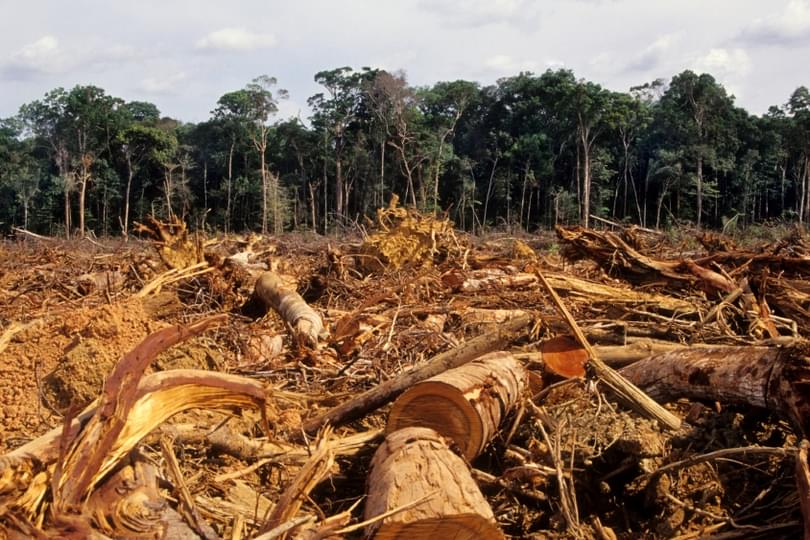
A drastic change in international forest governance is needed, if we are to save the Earth’s vulnerable forests, says a report released today, which was co-authored by Dr Connie McDermott, James Martin Senior Fellow in the Oxford Centre for Tropical Forests.
The global assessment report on "Embracing complexity: Meeting the challenges of international forest governance" was published by the International Union of Forest Research Organisations (IUFRO) and will be formally presented at the 9th session of the United Nations Forum on Forests (UNFF) taking place 24 January – 4 February 2011 at the UN Headquarters in New York City.
At the Cancun climate change conference in December 2010, policymakers reached an agreement on a new global governance scheme, REDD+, which stands for Reducing Emissions from Deforestation and Degradation. The policy aims to cut global carbon emissions from deforestation in the developing world by providing financial incentives for these nations to invest in low-carbon, sustainable development.
In the report released on 24 January 2011, the authors acknowledge that REDD+ is an important step in the development of forest governance policy, but warned that a single global policy will have undesirable effects locally. The report suggests among other things that global efforts have too often ignored local needs and failed to address the fact that deforestation is usually caused by economic pressures from outside the forests. For example, assigning a simple cash value to the carbon contained in a forest will only be effective so long as this value competes with the profit of agricultural expansion. Furthermore, as governments and private investors recognise the international worth of the forest land, it puts communities that live in the forest at a disadvantage. As Dr Connie McDermott notes in her comment on the report, an emphasis on carbon credits risks “further exclusion of indigenous people from their forests and the criminalisation of their livelihoods.”
The authors recommend that nations develop regional standards that address the local economic factors that contribute to deforestation. Dr McDermott adds, “Unless all sectors work together to address the impact of global consumption, including growing demand for food and biofuels, and problems of land scarcity, REDD+ will fail to arrest environmental degradation and will heighten poverty.”
IUFRO will urge the UN to adopt a scheme they call Forests+, which takes into account the many layers needed in forest governance. The UN Forum for Forests meets from 24 January until 4 February, and marks the launch of the International Year of Forests 2011.
- Oxford Centre for Tropical Forests
- Dr Connie McDermott
- Report: "Embracing Complexity: Meeting the challenges of international forest governance"
- IUFR - International Union of Forest Research Organisations